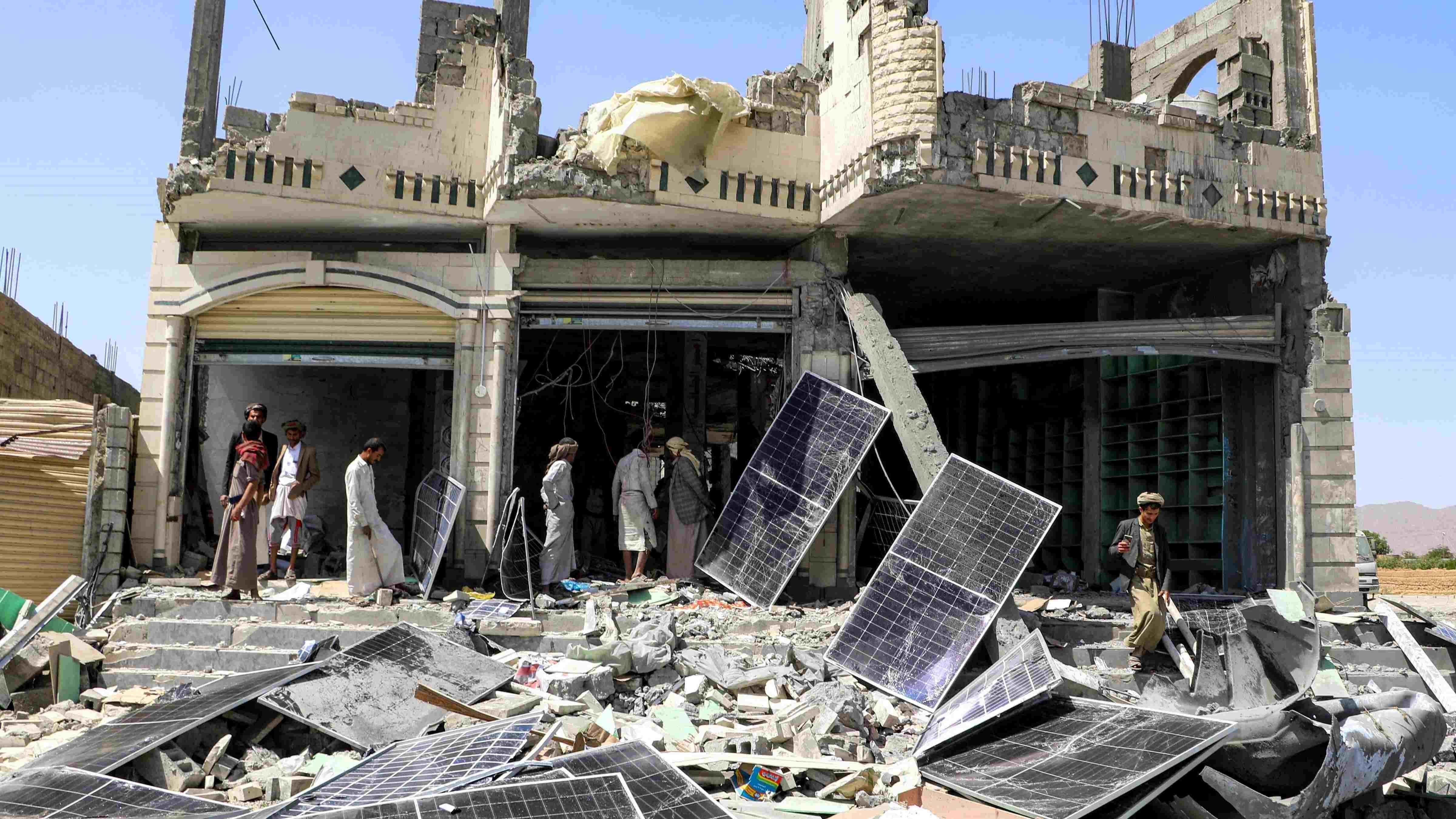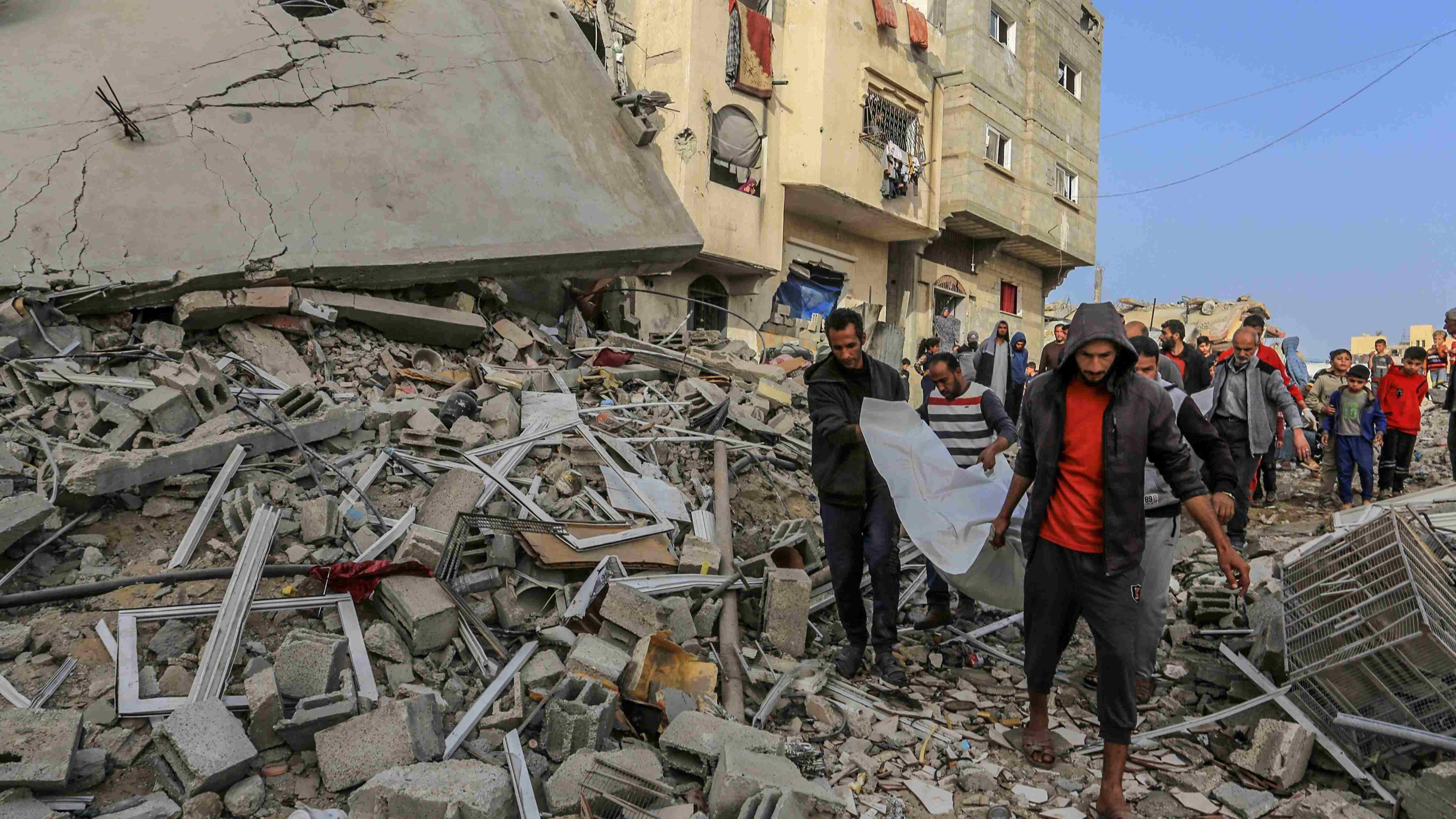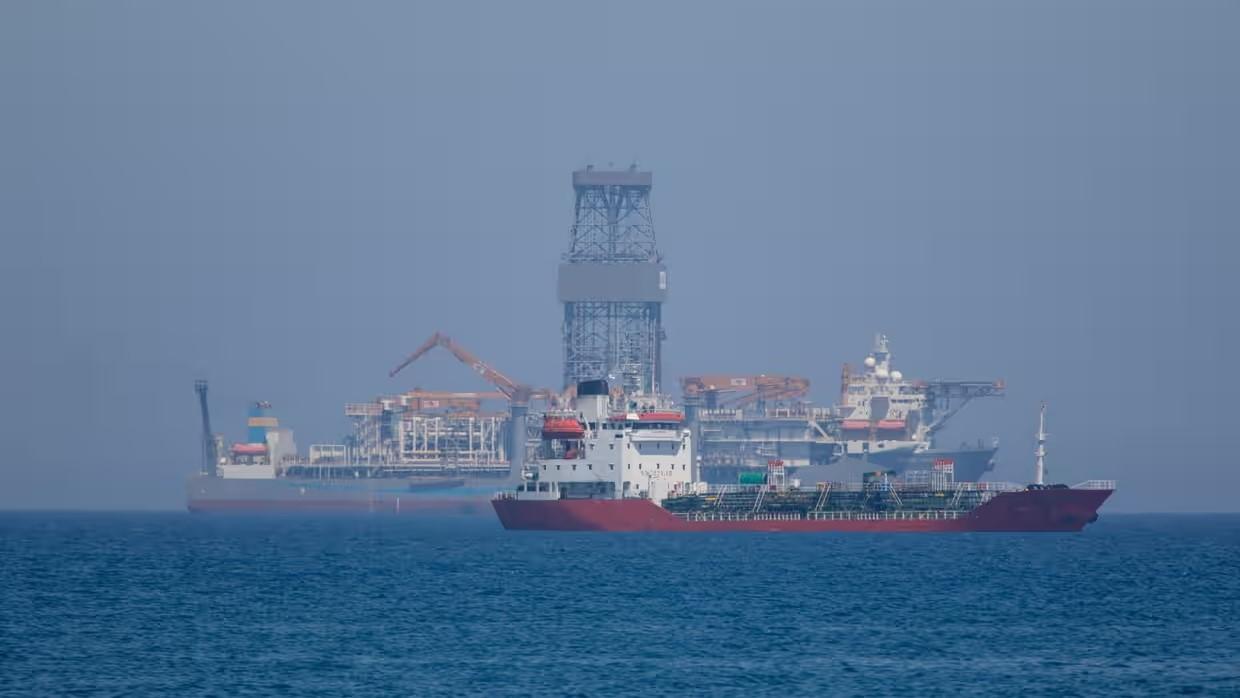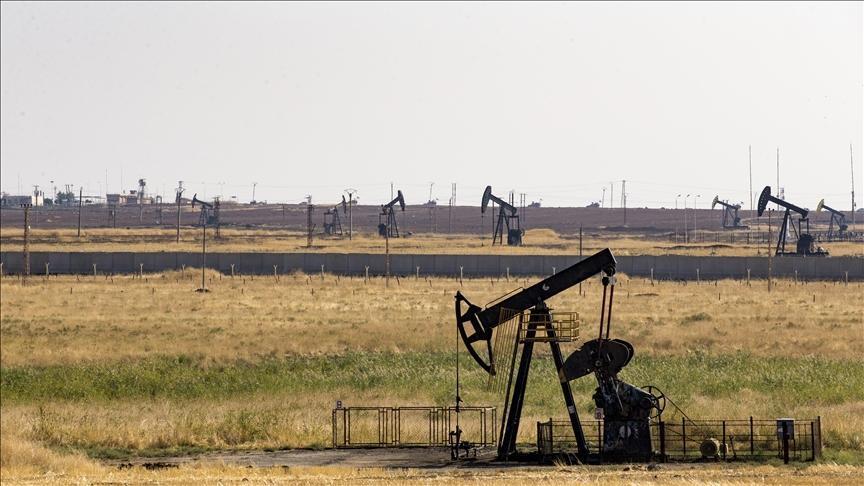2019 is not that far...
Turkey entered a new reality as of yesterday with President Recep Tayyip Erdoğan putting aside the principle of impartiality and joining the ruling Justice and Development Party (AKP) under the terms of the recently amended constitution. With the current plans, on May 21 he will also become the chairman of the ruling party. It will take some time to move full fledge and de jure to the presidential governance he has been aspiring for, but definitely as of yesterday, Erdoğan de facto became the super president of the country. The ruling party is under his firm command, the already subservient cabinet has become a team of presidential secretaries, the judiciary has now come directly under his discretion; academia, business world and almost the entire media have all been domesticated sufficient enough to accept the president as an almighty authority.
Lofty remarks were delivered at parliamentary group meetings of the bigger and smaller partners of the coalition between the AKP and the Nationalist Movement Party (MHP), while talks started to spread in Ankara that there would soon be a cabinet reshuffle and the MHP would be given four ministerial positions. MHP leader Devlet Bahçeli flatly refused such rumors but left the door of a probable participation of the MHP in the new cabinet open. Can such a development prevent or postpone the MHP to vanish from the political spectrum? With most of its views represented today through the AKP, and the remaining nationalism better off represented by the main opposition Republican People’s Party (CHP), can it be assumed that the raison d’être of the MHP vanished? Even if the MHP survives these devastating times, it might be assumed that in a Turkey, with a presidential governance that will force the electorate walk a two-party road, might be extremely difficult to remain afloat on such challenging waters.
A new Turkey has started to shape up. This process will continue until 2019, when the nation is asked to elect a super president who will de jure have super presidential powers. Irrespective of how fair the April 16 referendum was or to what extent the claims of election fraud were accurate, for the first time ever in its recent history the nation divided into two - almost equal - poles. The 51.4 percent “yes” and the 48.6 percent “no” votes demonstrated clearly that politics of polarization applied by Erdoğan and his AKP all throughout the past 15 years have reached a very dangerous level. Some people even started speaking about the danger of Turkey falling into a civil war. This nation, unlike its neighboring nations, never experienced a civil war even though its history saw fights between armies of rival heirs struggling for the throne.
But now the nation has come to a very pivotal point in the history of its existence. As CHP’s former leader Deniz Baykal recently stated the referendum was over but “the battle” has not finished yet, now the time has come to focus on the 2019 presidential election. Will the anti-Erdoğan bloc manage to put forth a credible alternative candidate better than Ekmelettin İhsanoğlu, a joint presidential candidate nominated by the CHP and the MHP in the previous presidential election, next time?
The name of Meral Akşener, the maverick expelled from the MHP, has already started floating around. She might be a good joint candidate of the anti-Erdoğan bloc, but has Turkey’s fragile democracy matured enough to accept a woman as a presidential candidate? Secondly, the anti-Erdoğan bloc is comprised of Kemalists, nationalists, ethnic Kurdish nationalists, small segments of Islamist conservatives, socialists and other negligible leftist groups. Can it be possible for such a difficult and shaky alliance to present a mutually acceptable candidate?
The challenge, indeed, is an existential one that requires all groups to abandon their identity struggles and concentrate on rescuing the common future that is the Turkish democracy, which is under threat of a growing merciless autocracy. Can it be possible to present a common candidate who might get support of even some potential 10 percent of AKP dissidents who are unhappy with the conservative Islamist derailment of the country?
Two years in between now and the 2019 election might be considered a long period. It indeed is not. It will require tremendous effort, compromise and a sincere reconciliation to emerge a mutually acceptable “person of struggle” behind whom the masses might unite to fight for a democratic governance with a commitment to return to the parliamentary rule as soon as possible.











